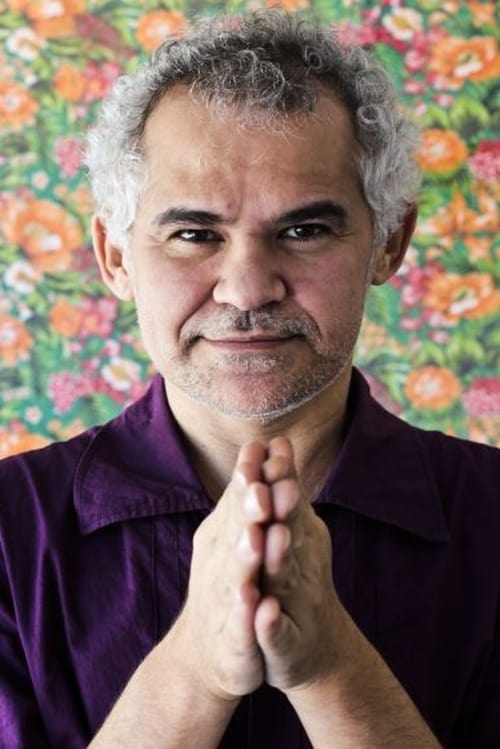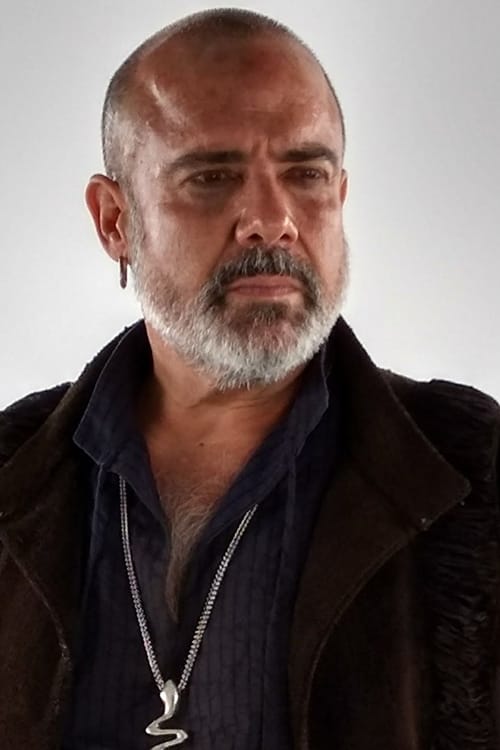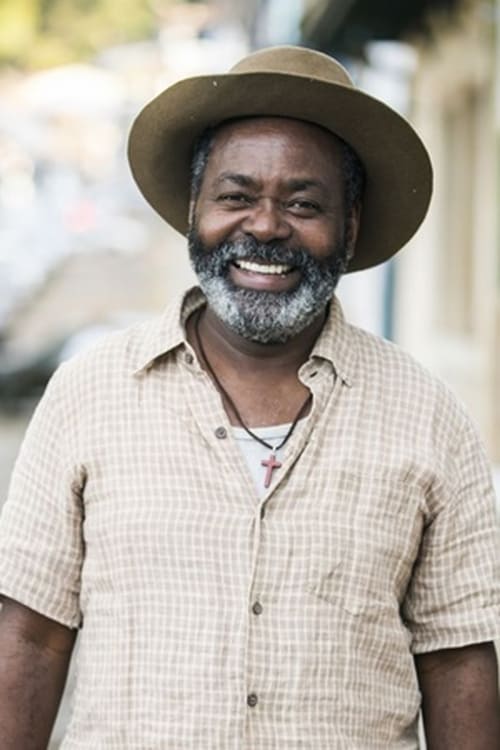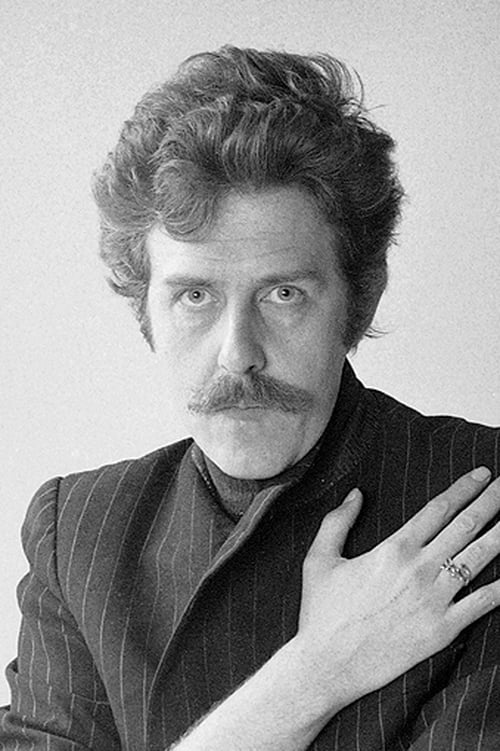Chronically Unfeasible (2000)
Género : Comedia
Tiempo de ejecución : 1H 41M
Director : Sérgio Bianchi
Sinopsis
Filmed over a five-year period, Chronically Unfeasible dissects Brazilian problems, using six people who meet in a restaurant in São Paulo as models to illustrate political, sociological and economic disparities between Brazil's upper and lower classes.

Estamira is a 63-year-old woman who suffers from schizophrenia. She leads a tough life and has supported herself for the past 20 years by picking through garbage at the Jardim Gramacho Disposal Area in Rio de Janeiro. The film follows her starting in 2000, the year she begins treatment in a psychiatric clinic. At first, it is hard to understand her in her stream-of-consciousness sentences, delusions and obsessions. Gradually, however, we get to know her as a woman who can have quiet and lucid moments despite her illness.

Transposition of the myth of Faust to modern Brazil. The heir to a bankrupt cigarette factory, amidst a personal crisis, leaves everything behind and heads for a supposed paradise he has seen in a tourist agency, where he believes he could find self-knowledge. In his search, he is inspired by a Mephisto-like character.

Many stories revolving around a poor couple who, in spite of hating each other, still live together under the same roof.

Inspired by Jorge Luis Borges’ The Disinterested Killer Bill Harrigan, Garoto follows a young couple who find themselves in an enchanted place where they experience an amorous and spiritual adventure.
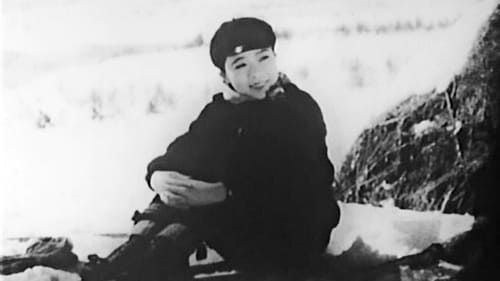
Students Watanabe and Yamamoto unknowingly compete for the same girl.

La historia de una niña de 12 años, que es abandonada por sus padres junto a su hermano mayor en medio de una ruta luego de una pelea. Al poco tiempo ella quedará sola y empezará a vagar por zonas de su país y entrará en contacto con otra gente (ella pertenece a la clase alta de Recife) en un imprevisible y fascinante viaje de (auto)descubrimiento.

Película que narra un período de la infancia de los protagonistas cuya adolescencia quedó retratada en "Young Thugs: Innocent Blood" y en la que el director introduce nuevamente elementos autobiográficos.

Ângela Carne e Osso (Angela Meat and Bone), a young nymphomaniac, lives surrounded by delinquents, and exerts intense allure on them, dominating them all with her erotic power.
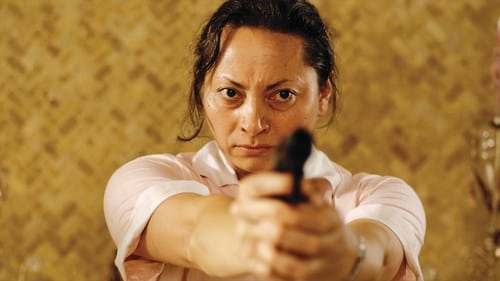
Toñi y Paquita viven y trabajan como empleadas domésticas en la aristocrática familia González-Dubois en Panamá. Durante mucho tiempo se les trata mal y se lespaga peor. Pero ahora finalmente se han cansado de los insultos y la falta de respeto de sus empleadores. Mientras que la familia está planeando un viaje de compras a Miami, Toñi y Paquita forjan otros planes llenos de venganza y satisfacción. Nadie espera que Gonzalez-Dubois, una familia muy respetable, ha mantenido un gran secreto y esto es de gran repercusión en el viaje! Ingeniosa, y despiadada sátira negra que trata hábilmente sobre las diferencias de clase en el ámbito de América Latina.

In a lighthouse off the coast of Brittany, a young man slowly goes mad following a bite by a rabid dog while his father looks on helplessly. Thwarted by a raging sea, they are prisoners of the lighthouse. In a rustic Brittany village, a young bride waits, unaware of the tragedy.

'Bruce' goes to head with bandits who are terrorising and murdering villagers.

Joy is a fable about courage and youth. It tells the story of Luiza, 16 year old girl, who can not stand to hear about the end of the world… On a Christmas night, his cousin John is mysteriously shot in a street in the Lowlands and disappears into the night. Weeks later, while Luiza spends days alone in the apartment where he lives with his mother in Rio de Janeiro, a mysterious visitor comes knocking on your door: John, as a ghost, asking to hide there.

Ustanička ulica is a Serbian political thriller. Dušan Ilić (Gordan Kičić), employed at the Serbian state prosecutor's office, gets a top secret case to investigate a war crime committed by a disbanded paramilitary unit. He manages to find Mićun (Uliks Fehmiu) who's the only surviving witness.

Ferding, Santos and Willy only drink in despair. One day, a Canadian woman’s visit changes everything.

Guto, aspiring actor, dreams of hitting the big-time in São Paulo. He takes classes, rehearses, works out, auditions. He knows his big chance could find him anyplace, at any moment. His idol and role model is Zeca, an old-school TV comedian who—even on his last legs— still lives on in the hearts of a generation. When their paths intersect, Guto’s luck begins to change. But is that really possible?

Robert Castle is the idealistic pastor of St. Mary's Episcopal Church in Harlem, and also the cousin of filmmaker Jonathan Demme. Demme's affectionate portrait of his cousin traces Castle's story, beginning with his first parish assignment, in New Jersey in the early 1960s, in an increasingly African-American-populated neighborhood rocked by violence and civil rights protests. The film raises intimate discussions of race, faith and family, while also showing Castle's daily routine as a pastor.
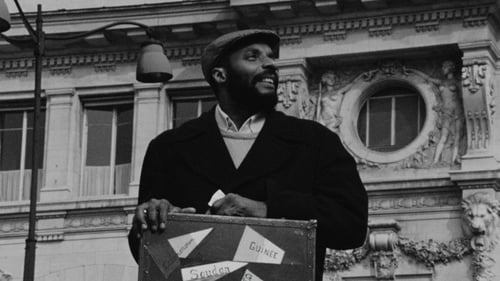
The film Soleil Ô, shot over four years with a very low budget, tells the story of a black immigrant who makes his way to Paris in search of “his Gaul ancestors”. This manifesto denounces a new form of slavery: The immigrants desperately seek work, a place to live, but find themselves face to face with indifference, rejection, humiliation…until the final call for uprising. “Soleil Ô” is the title of a West Indian song that tells of the pain of the black people from Dahomey (now Benin) who were taken to the Caribbean as slaves.
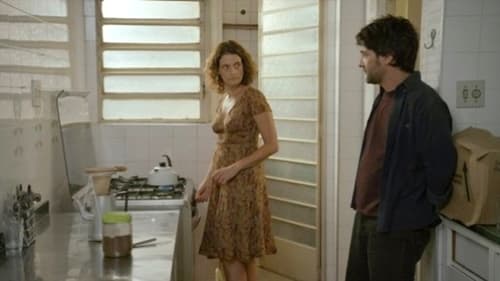
Former political activist receives compensation from the Brazilian government for the disappearance of her husband, victim of the repression triggered by the Brazilian military dictatorship. With the money, she can buy her an apartment and free herself from this dreadful condition she lived for decades. At the moment of moving to the new home, however, a visit arises that forces her to review her entire life.

Film director Sergey Paradjanov creates brilliant films. His nonconformist behavior conflicts with Soviet System. He is committed to prison for being eccentric. His indestructible love for beauty allows him to withstand the years of imprisonment, isolation and oblivion.

Consecuencia directa de la 3a película. Oryu busca al niño ciego que ella olvidó y está implicada con una guerra de césped yakuza que ocurre en el Tokio Teatro.








